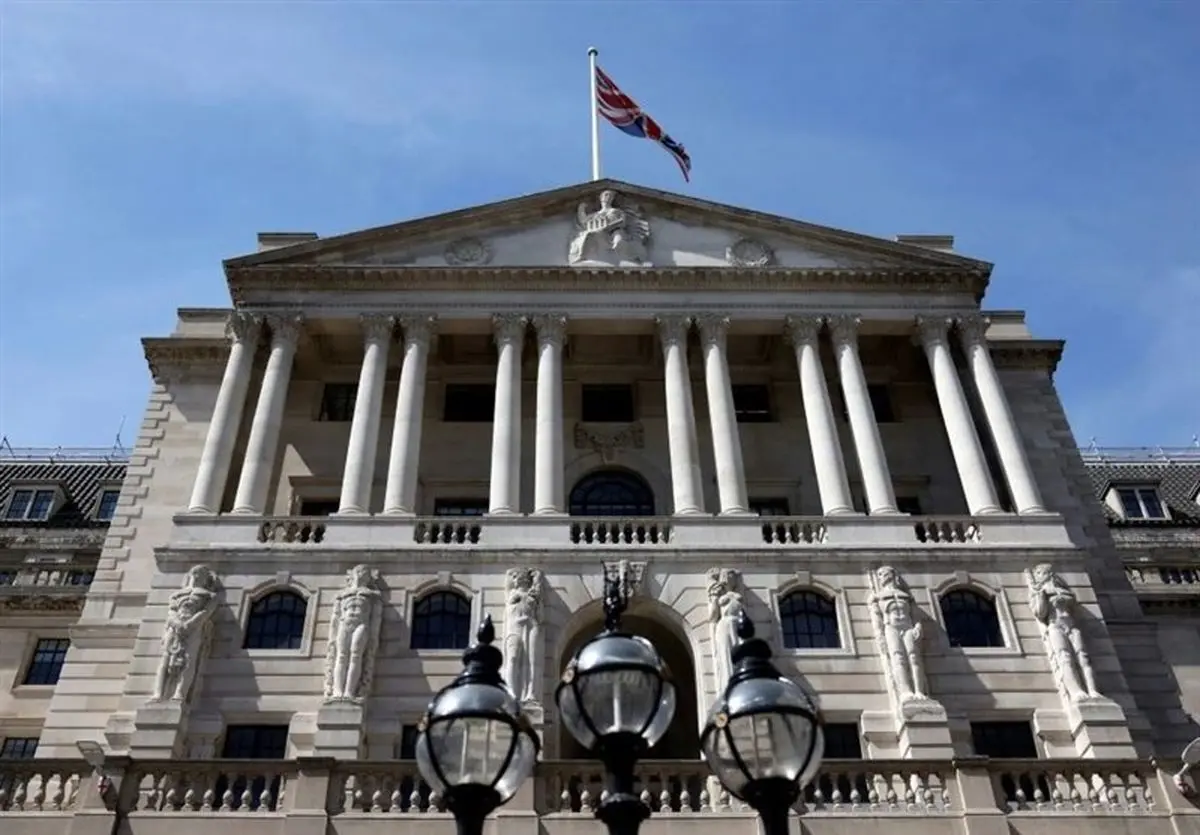UK Bank Unveils Biggest Interest Rate Rise in 27 Years

The Bank of England on Thursday hiked interest rates by 50 basis points, its largest single increase since 1995, and projected the UK’s longest recession since the global financial crisis.
The sixth consecutive increase takes borrowing costs to 1.75% and marks the first half-point hike since the bank was made independent from the British government in 1997, CNBC reported.
The Monetary Policy Committee voted by a majority of 8-1 in favor of the historic half-point rise, and cited climbing inflationary pressures in the UK and the rest of Europe since its previous meeting in May.
Britain’s energy regulator, Ofgem, increased the energy price cap by 54% from April to accommodate soaring global costs, but is expected to rise by a greater degree in October, with annual household energy bills predicted to surpass £3,600 ($4,396).
The bank now expects headline inflation to peak at 13.3% in October and to remain at elevated levels throughout much of 2023, before falling to its 2% target in 2025.
The MPC noted that the labor market remains tight, with domestic cost and price pressures elevated, adding that there is a risk that a “longer period of externally generated price inflation will lead to more enduring domestic price and wage pressures.”
“The labour market has remained tight, with the unemployment rate at 3.8% in the three months to May and vacancies at historically high levels,” the MPC said. “As a result, and consistent with the latest Agents’ survey, underlying nominal wage growth is expected to be higher than in the May Report over the first half of the forecast period.”
Sterling was down over 0.5% against the dollar following the bank’s announcement, trading at around $1.209, while the FTSE 100 index climbed 0.5%.
Inflation is now estimated to hit a new record at 13 percent - a 40-year high - and the BoE expects the UK economy to enter recession in the last quarter of the year.
“The United Kingdom is now projected to enter recession from the fourth quarter of this year,” the BoE said in a statement, warning that “real household post-tax income is projected to fall sharply in 2022 and 2023, while consumption growth turns negative.”
The new policy came on the heels of a warning by the National Institute of Economic and Social Research (NIESR), which estimated the country will go into a recession and interest rates are ought to go up.
The NIESR also raised the alarm over the “astronomical inflation” in the short term, saying there would be “no respite” for British households and businesses from the crisis.
A rise in interest rates is one way to try to limit the inflation rate, as Britons are grappling with their skyrocketing energy bills after the rise of oil and gas prices as a result of the West's sanctions on Russia over the Ukraine war.
Among all the looming challenges, the BoE has forecast that unemployment will rise from 3.8 percent today to 5.5 percent next year, implying that an extra 600,000 people will lose their jobs. It means that if someone’s wages and other income are lagging behind inflation, their standard of living is being squeezed across the UK.
